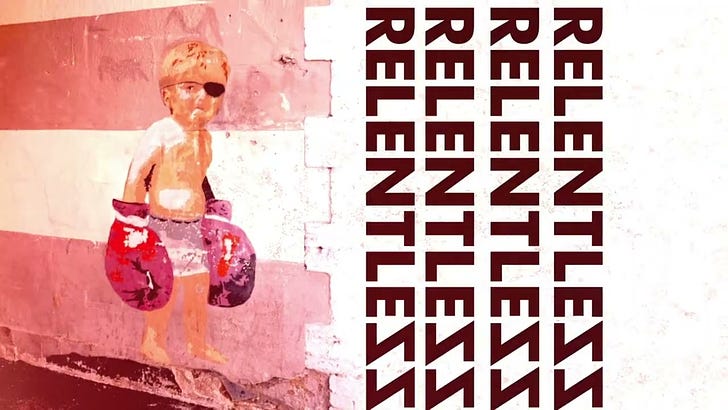By now you might have heard about Jann Wenner's self-immolation in a New York Times interview with Talk columnist David Marchese. Promoting his new book of mostly old interviews, all with white dudes, the Rolling Stone founder suggested that women, including Joni Mitchell by name, weren't "articulate" somehow.
This is the curse of Wenner's self-infatuation, that he chose to ruin his legacy (he was removed from the board of the Rock and Roll Hall of Fame, which he co-founded), instead of simply giving the simple, correct answer: These were conversations with his friends and heroes, the celebrities, for whom Wenner violated the rules of Journalism 101 by letting them read their words before publication in Rolling Stone.
One antidote to Wenner's narrow focus is Chrissie Hynde, whose excellent new Pretenders album, Relentless, was released Friday, Sept. 15. Since 1979, when the band released its debut album Pretenders, it has been the vehicle for Hynde's distinctive Angl-American rock and r…
Keep reading with a 7-day free trial
Subscribe to Critical Conditions by Wayne Robins to keep reading this post and get 7 days of free access to the full post archives.



